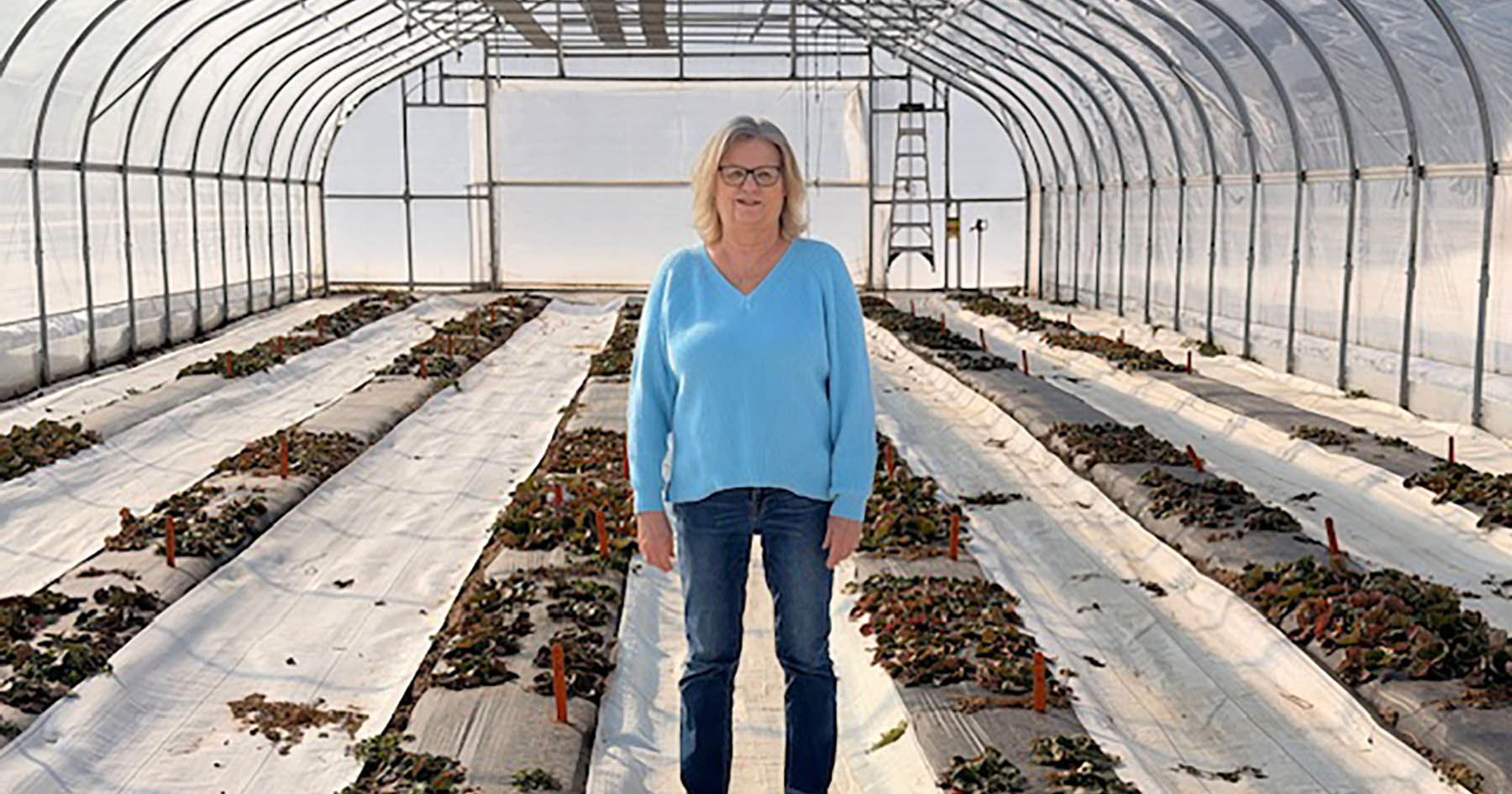Trees are moving westward in response to precipitation changes, Purdue University professor reveals
After analyzing extensive data collected on 86 tree species in the eastern United States, a research team led by Purdue University professor Songlin Fei found that over the past 30 years, most trees have been shifting westward or northward in response to climate change.
“Trees are shifting partially because of climate change, but their responses are species specific,” Fei said. “Deciduous trees like oak and maple are primarily moving westward. Evergreens are responding in a different way. They’re moving northwards.”
The research, based on the analysis of 30 years of data gathered by the U.S. Forest Service, was published in Science Advances on May 17. The study represented data collected on trees from 1980 to 2015.
The study, which outlined divergent responses to climate changed based on species, also revealed that precipitation was a significant factor when considering the impact climate change can have on biodiversity and the sustainability of ecosystems. Many climate change studies have generally shown a strong correlation between changes in temperature and tree shifting.
“Precipitation has a stronger near term impact on species shift than temperature,” said Fei, an associate professor at Purdue’s College of Agriculture and a researcher with Purdue’s Climate Change Research Center.
As a result, most trees in the study were shifting westward to follow changes in moisture. Fei said the westward shift was one of the most surprising findings of the study.
“Yes, we did see some northward shift as we had anticipated,” he said. “But we also found many trees have been moving westward because of changing climate. When analyzing the impact of climate change, precipitation had a much stronger near-term impacts on forests instead of temperatures.”
The study also led the researchers to conclude that fluctuations in average precipitation and temperature are leading to changes in forest composition. As a result, climate change is putting “the resilience and sustainability of various forest ecosystems across eastern United States in question.”
Fei said the findings are significant in that the research team was able to examine the effects of climate change on trait-specific trees using a large amount of data.
“Previous studies have investigated the impacts of climate change, but large scale trait-specific impacts are less understood,” he said.
Fei also said that the research shows the clear impact of climate change based on big data, not just modeling.
“It is not future predictions,” he said. “Empirical data reveals the impact of climate change is happening on the ground now. It’s in action.”
Research authors also included Johanna M. Desprez, Insu Jo and Jonathan A. Knott, all of Purdue’s Department of Forestry and Natural Resources; Kevin M. Potter of North Carolina State University’s Department of Forestry and Environmental Resources; and Christopher M. Oswalt of the U.S. Forest Service Southern Research Station.
During the past 30 years, the period covered by the research, the mean annual temperature in the eastern United States, where data was collected, increased by about 0.16 degree Celsius on average. The northern areas of that region had among the highest temperature increases.
Precipitation patterns also have changed during the 30-year data research period, with increasing temperatures resulting in widespread droughts, as measured by the Palmer Drought Severity Index, in the southern region of the study area.
Fei said further research will focus on communities of trees, and the impact climate change can have on the sustainability of diverse ecosystems.
“We want to know if there is a community breakdown among groups of species resulting from climate changes,” he said.







